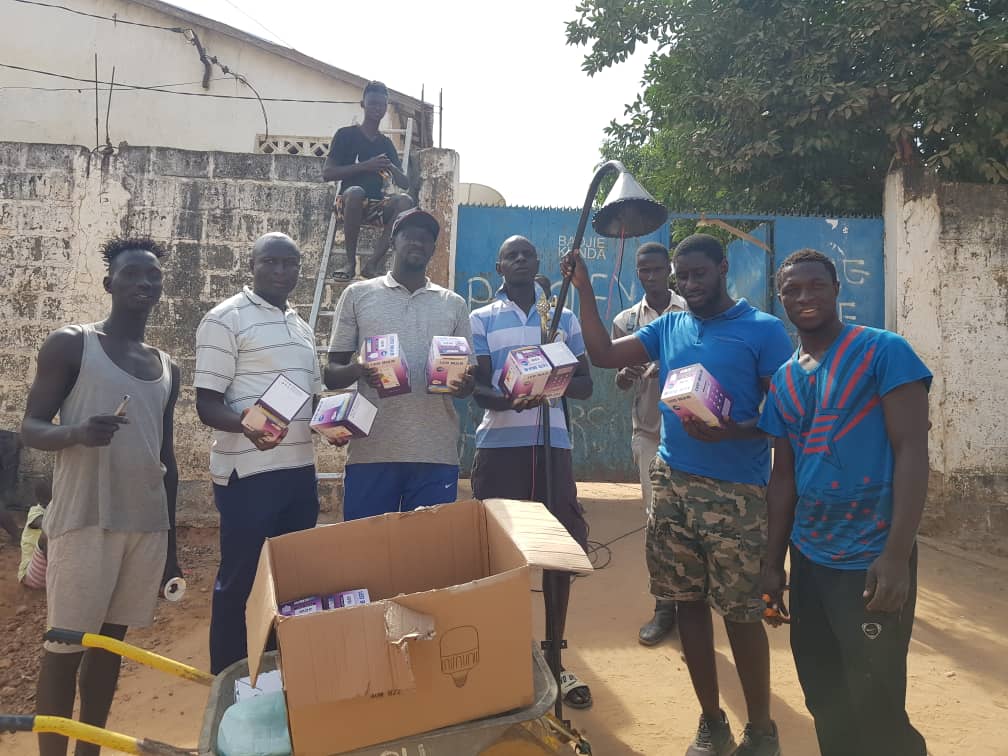By: Fatou Krubally
Human rights activist, Madi Jobarteh has strongly criticised the Gambia Police Force for denying protest permits to victims of the recent demolition exercise in Sukuta Salagi, calling it a constitutional violation and an abuse of power.
The victims of the demolition exercise had planned to stage a peaceful protest over the weekend but the police effectively banned the protest by refusing to issue out a permit.
In a statement issued out over the weekend, Jobarteh argued that Gambians had a constitutional right to peaceful protest, and that the Inspector General of Police (IGP) had no legal authority to permanently deny that right. He described the police’s justification of “security reasons” as vague and insufficient.
“The IGP must realise that he cannot deny, take away or seize rights permanently. Doing so is a constitutional violation,” Jobarteh stressed.
He maintains that rights can only be limited temporarily, and in ways that are reasonable and clearly justified. If a protest is denied, he continues, authorities have an obligation to provide alternatives regarding time, place, or format.
Jobarteh linked the repeated denial of protests to the continued enforcement of the colonial-era Public Order Act, which he described as “obnoxious” and undemocratic. He noted that President Adama Barrow had promised to repeal such laws in his 2016 campaign manifesto but had failed to do so nearly a decade later.
“The Public Order Act gives too much power to the Inspector General of Police and does fetter freedom of association and assembly,” he quoted from Barrow’s own 2016 campaign pledge.
Jobarteh urged the victims of the Sukuta Salagi demolition to exercise their right to protest peacefully without violating the law. He encouraged them to gather with placards, songs, and speeches without loudspeakers or procession to express their grievances.
He concluded by questioning the Barrow administration’s commitment to democratic governance and warned that continued suppression of basic rights undermines trust in institutions.
“For The Gambia, Our Homeland,” he ended.





